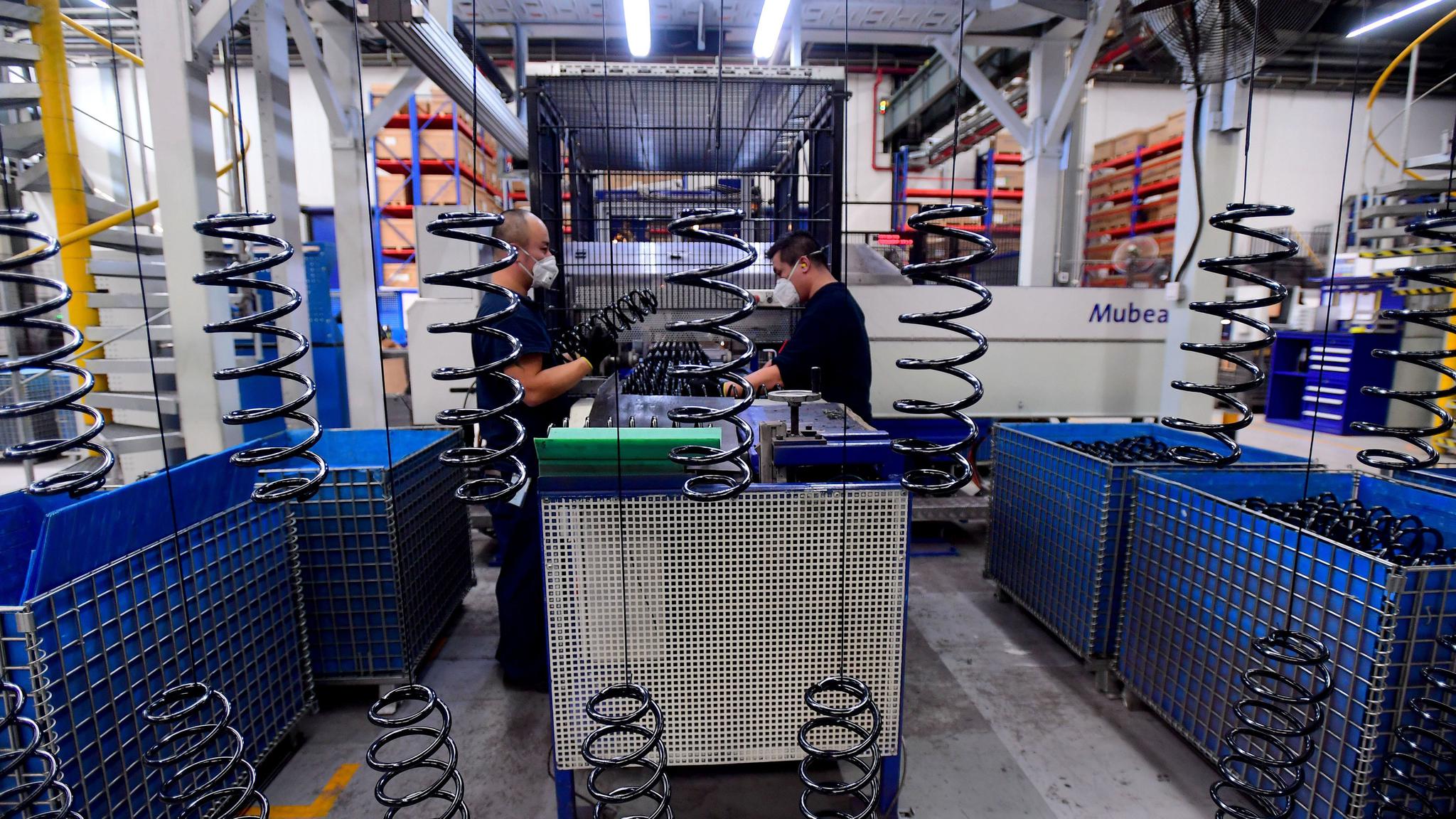Automation Could Displace 800 Million Workers Worldwide By 2030, Study Says
But in the long term, new technology could create more jobs than it eliminates, a new report says. It says governments and businesses have to prioritize retraining workers for the new economy.
by James Doubek
Nov 30, 2017
2 minutes

A coming wave of job automation could force between 400 million and 800 million people worldwide out of a job in the next 13 years, according to a new study.
from the research arm of the consulting firm McKinsey & Company forecasts scenarios in which 3 percent to 14 percent of workers around the world — in 75 million to 375 million
You’re reading a preview, subscribe to read more.
Start your free 30 days





